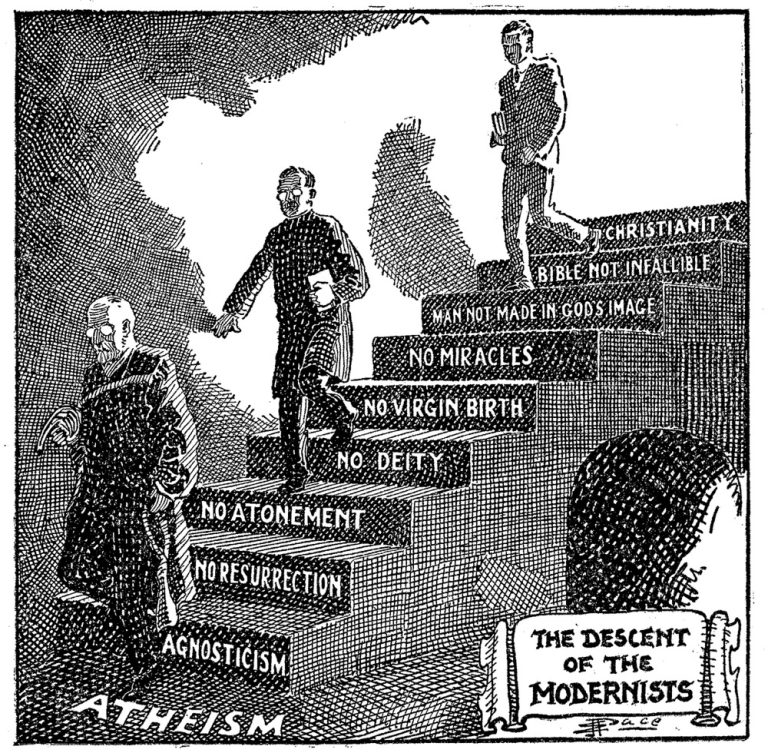We often hear our betters telling us that “Human life began in Africa.” There is, of course, no proof of this. Outside of Egypt and Carthage, nothing much of historical importance happened in Africa, some have considered this somewhat preposterous claim to be a sop to lack of African accomplishment “There were never a lot of significant scientific, technological, or political breakthroughs there, but to make them feel better, we enlightened people will endlessly repeat a position that’s totally unprovable: ‘Human life began in Africa’. That will make them feel better about themselves. They will be able to say, ‘Throughout recorded history, we never did much, but human life did begin with us, so we are very special.'” It’s a kindly thought, popular among those to whom kindliness has replaced a more rigorous, logical, analytical search for factual evidence about things.
It makes as much sense to believe that human life began in New Jersey. When we have reached the point where truth means so little, an equally valid way to determine where human life began is to, every ten or fifteen years, draw the name of some location or another out of a hat.
An announcement would follow: “In order to provide every place and people with the equal opportunity to think of themselves as connected directly to the important source of human life, We have determined in this lottery that all human life began at Stoke-On-Trent,” A nearby hat could be filled with numbers, and that drawing would cement scientific truth propounded by the first hat-drawing by adding a date to the location “exactly eleven billion, two hundred and eleven million years ago.”
The well-dressed people, many of whom are suitably gowned in the robes of academia, would nod wisely and applaud. Not loudly, of course, but “appropriately”. Many of them would, of course, write textbooks on the subject. New courses of study would be announced. Few would notice that these “new” endeavors consisted of little more than hitting the “Find” key, typing in the latest place and date, and then hitting the “Replace” key as the new textbooks, identical in every way but for the new place and date, were sped into print.
Once “science” is more properly admitted to be an ongoing process whose purpose is to allow people to feel better about themselves, such procedures will replace other mechanisms that operated in what was formerly known as “The Scientific Method”.








